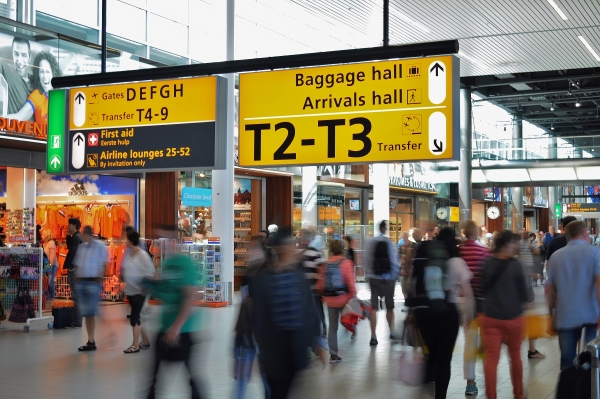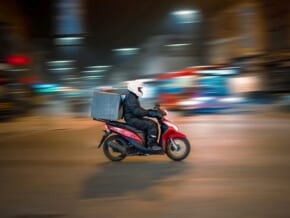Expats’ Guide to: Offloading in the Philippines
You’ve planned for your trip abroad, booked An average of 40 people get offloaded every day at the Ninoy Aquino International Airport (NAIA) Terminal 1, according to this report from GMA News Online, mostly because immigration officers are really strict when it comes to overseas travel.

Offloading, or deferred departure, is what happens to you when an immigration officer (IO) says you cannot go out of the country. While the right to travel is ingrained within the Philippine constitution, there are limits placed on it.
There’s also the matter of Republic Act (R.A.) 10364, or the Expanded Anti-Trafficking in Persons Act of 2012, and the guidelines for departure formalities from the BI, all in an effort to protect everyone from being victims of human trafficking.
It’s a hassle to be offloaded and it can happen to you several times. While the Bureau of Immigration (BI) says there’s no such thing as an offloading policy, they did offer suggestions to avoid being offloaded.
We’ve narrowed this down to those going abroad as tourists, so here are things you should remember to avoid being offloaded:
- Provide sufficient documentation. Technically, all the IO needs to let you get out of the country are the following:
- A passport valid for at least 6 months from the date of your departure
- A return ticket
- A visa (when applicable)
These will let almost everyone off the hook with IOs. Questions will be asked by the IO based on your case – there is no flow chart or a definite set of questions IOs will ask travelers once they step up to the immigration area. Just answer their questions truthfully and they should let you off the hook, though you might want to bring the following just in case:
- Proof of financial capacity – latest ITR, bank statements, bank certification, or a credit card
- Applies to fresh graduates and salaried employees
- Company ID, certificate of employment (with salary and tenure) and an approved leave of absence
Note: if you’re a freelancer, it’s best to ask your client for a document certifying you’re working for them, which should include their address, phone number, how much they are paying you, and your tenure with them. - Proof of accommodation – a print out of a confirmed hotel booking is usually required by some countries.
- Proof of relationship – if you’re visiting a relative overseas, it’s best to present proof that you are related, like a birth and/or marriage certificate. They’ll also ask you to present an invitation letter duly certified by the Philippine Embassy or consulate of the country you are visiting.
- Have a clear itinerary. This includes knowing the real purpose of your trip and having a plan once you get to your destination. It doesn’t have to be a full-on account of the places you’re visiting nor does it have to be written down, but it’s best to have a concrete plan that fits your budget and purpose.
- Tell the truth and be consistent when IOs ask you questions about yourself or your trip. If you’re found to be lying, or at the very least concealing the real purpose of your trip, you’ll be offloaded.
- Dress appropriately for your trip. Profiling is part of the standard procedure for immigration officers across the world. This doesn’t mean coming into the airport wearing a suit and tie; just know that if you’re visiting a country with a strict dress code or a season different from what the Philippines is currently experiencing, you’ll need to bring the right clothes for the trip.

Simply put, you need to “look like a tourist” if you’re going there for tourism purposes.
- Be confident during the brief interview. It’s no secret that you won’t look as confident if you’re travelling illegally (i.e. leave the country as a tourist, stay overseas as an employee) compared to being a legitimate tourist.
To know more about the BI’s travel requirements, click here.
Source: Small-town girls, Midnight Trains, pinoy-ofw.com, The Poor Traveler, Philippine Consulate General – Macau SAR












